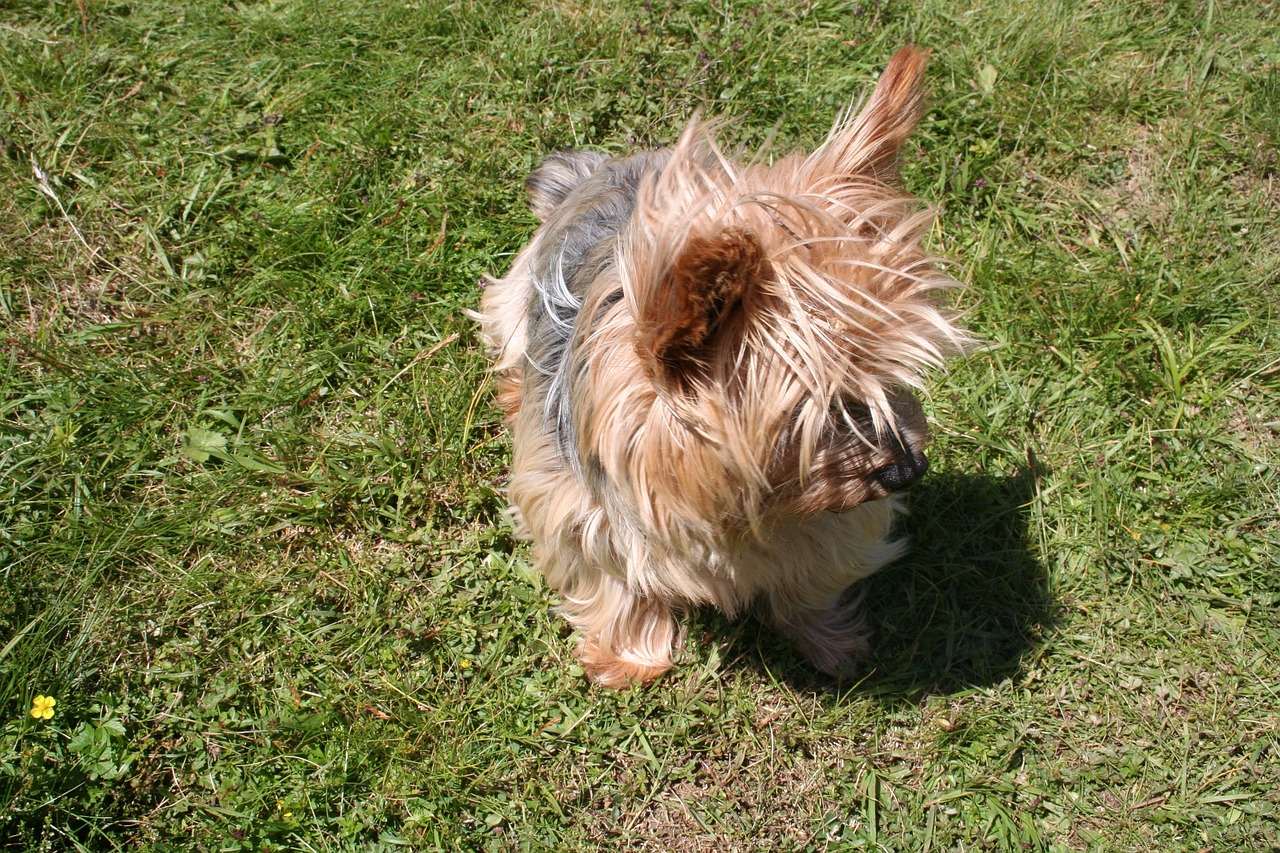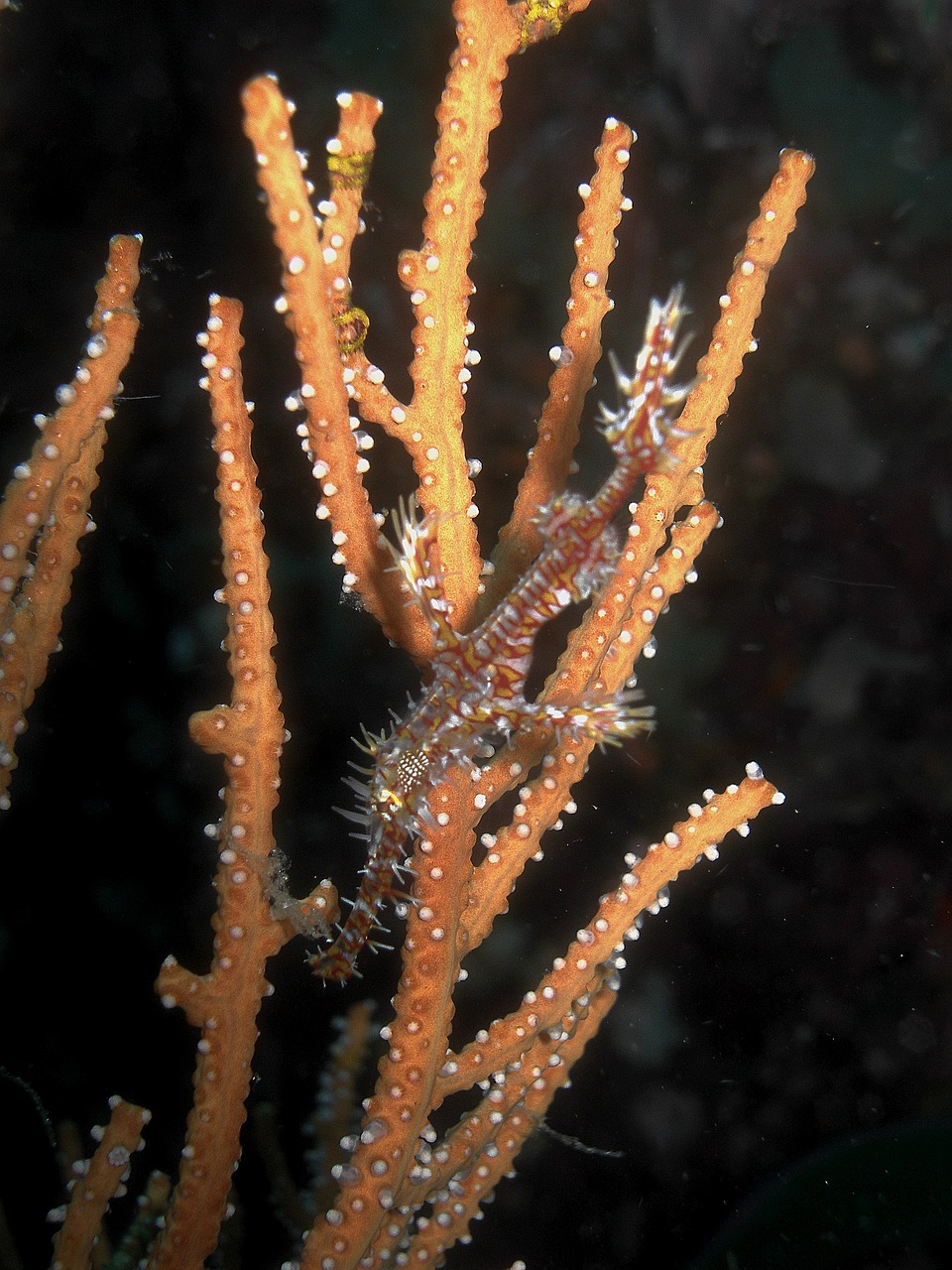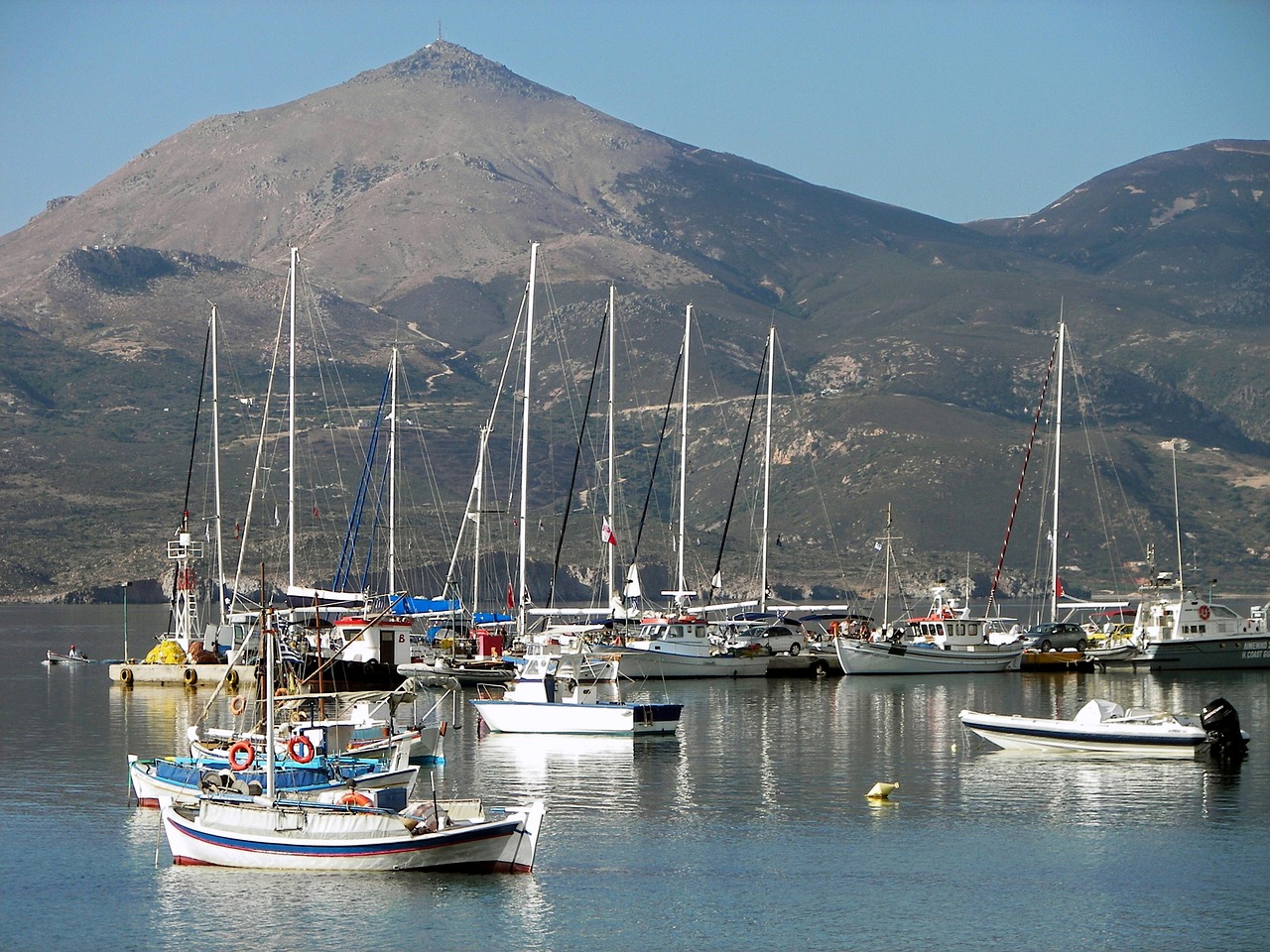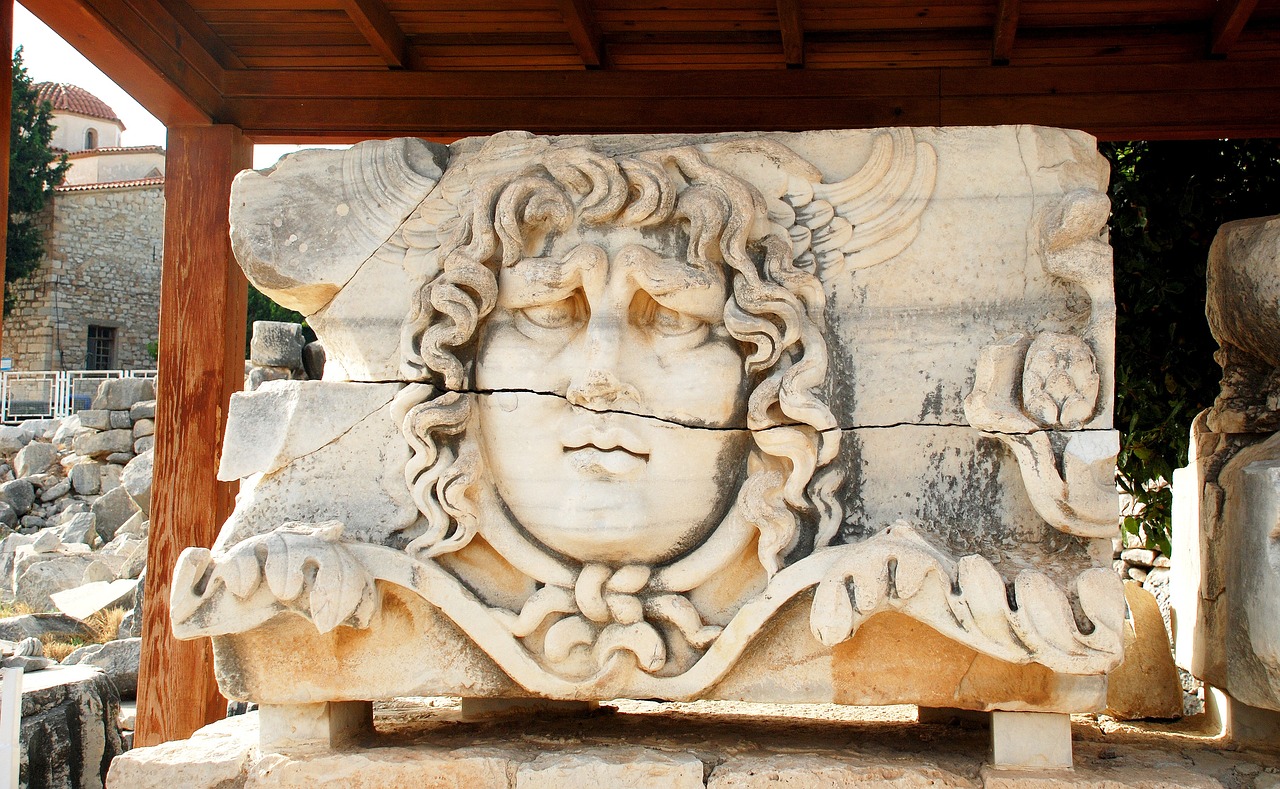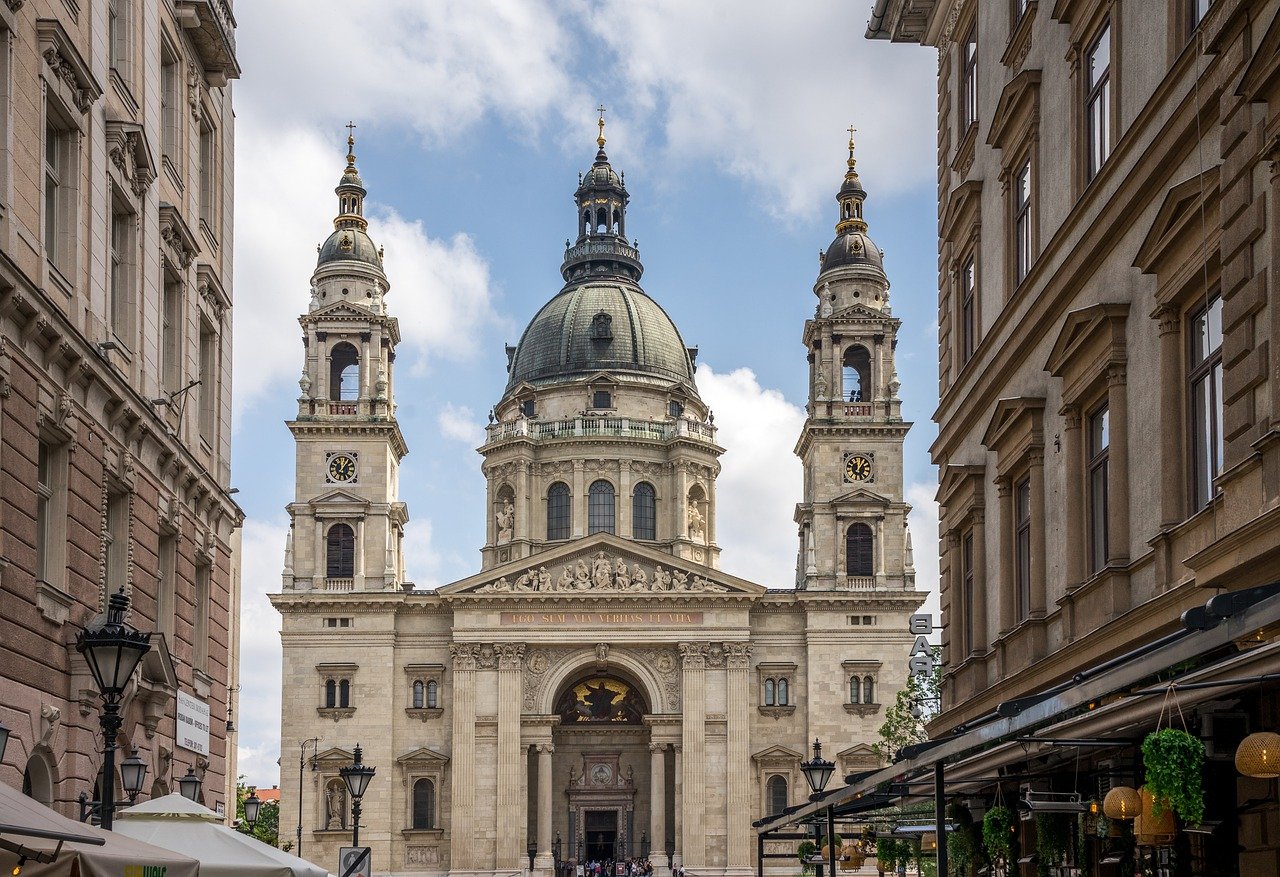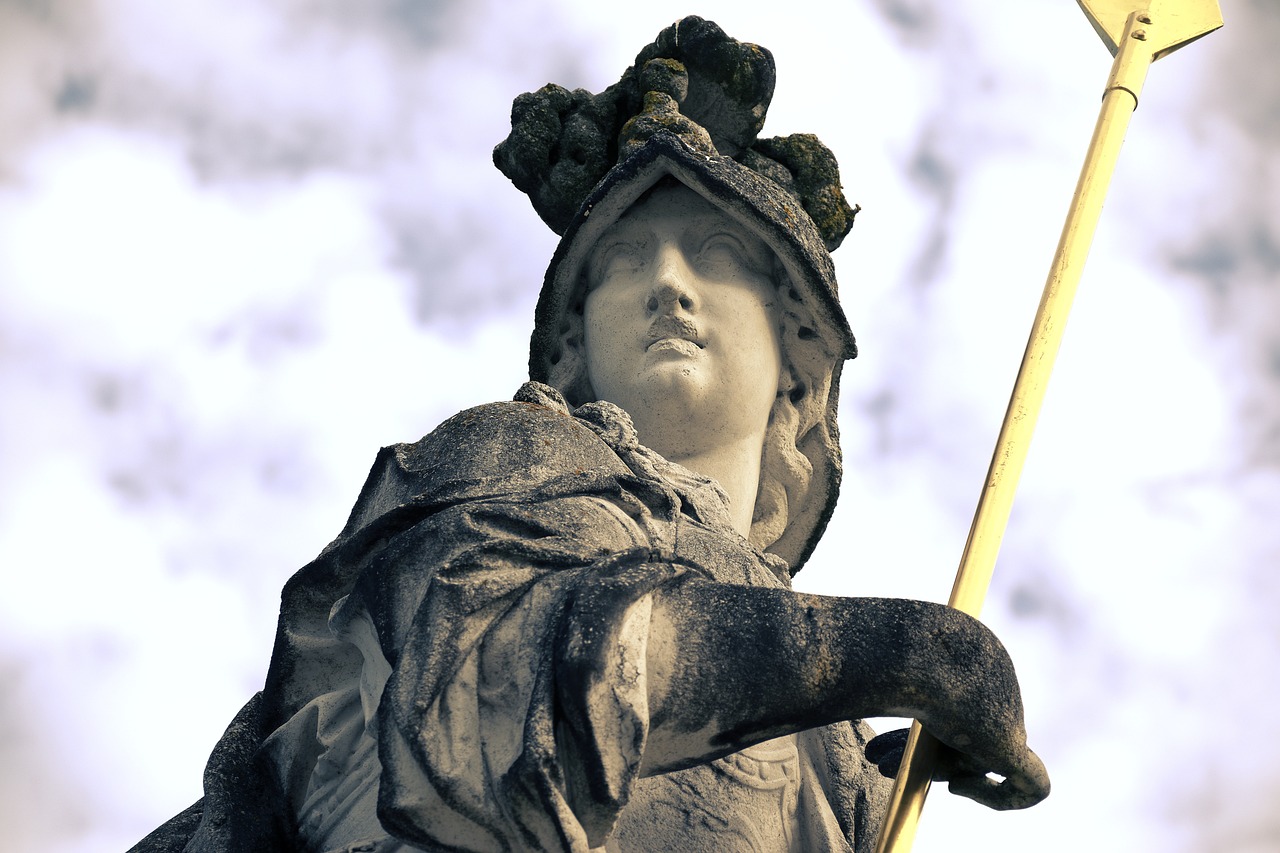Author: Sun WuKong
-
The narrative of Orpheus and Eurydice stands as perhaps the most poignant tale of love in Greek mythology. This timeless myth has stimulated countless artists throughout history, including renowned painters such as Peter Paul Rubens and Nicolas Poussin. Additionally, it has inspired operas, songs, and theatrical productions that pay tribute to the legendary lovers who…
-
Life in ancient Egypt revolved significantly around the annual flooding of the Nile and the consequent fertility it endowed upon the land. It is thus evident that these vital elements are woven into the fabric of Egyptian spirituality through the figure of the crocodile god, Sobek. Initially perceived as a local deity, Sobek’s influence surged…
-
Odysseus, a central character in Homer’s renowned epic, the Odyssey, is celebrated as a pivotal figure in Western literary tradition. The narrative depicts Odysseus as the King of Ithaca, the offspring of Laertes and Anticleia (descendant of Autolycus from Parnassus), and the devoted husband of Penelope and father to Telemachus. In later interpretations, his lineage…
-
The Roman Empire, a monumental ancient civilization, was established in 27 BCE in the city of Rome after the fall of the Roman Republic. It persisted until the decline of the Western Empire in the 5th century CE. Here is a condensed overview of this vast empire, while a more comprehensive exploration can be found…
-
Roman Religion: Beliefs and Practices from Classical Antiquity Roman religion, also referred to as Roman mythology, encompasses the beliefs and customs practiced by the people of the Italian peninsula from ancient times until the rise of Christianity in the 4th century CE, within a timeframe known as Classical antiquity. The Romans, particularly articulated by the…
-
Roman Deity of Intelligence and War In the realm of Roman mythology, Minerva emerged as a distinguished symbol of both wisdom and warfare. Her influence transcended the mere domains of intellect and combat; she also served as the guardian of crafts, representing a unique fusion of artistic and martial skills. To the ancient Romans, Minerva…
-
Belenus, also known as Belenos, Belinus, Bel, or Beli Mawr, represents a significant sun god in Celtic heritage and was a prominent figure by the 3rd century in the Italian city of Aquileia. Revered as the “Fair Shining One” or “The Shining God,” he ranks among the earliest and most widely venerated deities of the…
-
In Ancient Egypt, not every deity enjoyed the grandeur of huge temples, state-sponsored cults, or legends of cosmic creation. Some gods were more intimately connected with daily life, such as Bes and Taweret, who were often called upon by households for protection. Meretseger is a goddess who occupied a unique position—worshipped by everyday individuals, yet…
-
Celtic mythology brims with enchantment, deities, and timeless narratives. Among the myriad of characters, Elatha stands out, not for his renown like some of his fellow gods, but for the critical role he plays in understanding the Celtic cultural tapestry and its mystical heritage. In this exploration, we delve into Elatha’s significance, his involvement within…
-
The Morrígan: A Multifaceted Deity of War and Fate Overview The Morrígan stands as a formidable presence in Irish mythology, representing war, fate, and death. Often appearing at the onset of battles, she is known to offer prophecies and favor to both heroes and gods. As a shapeshifter, she could manifest as a menacing raven,…

